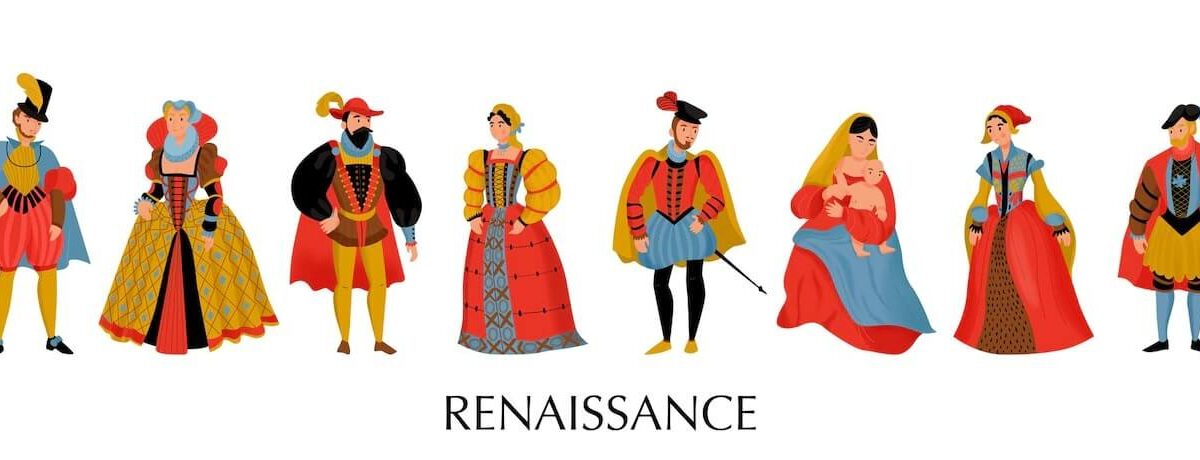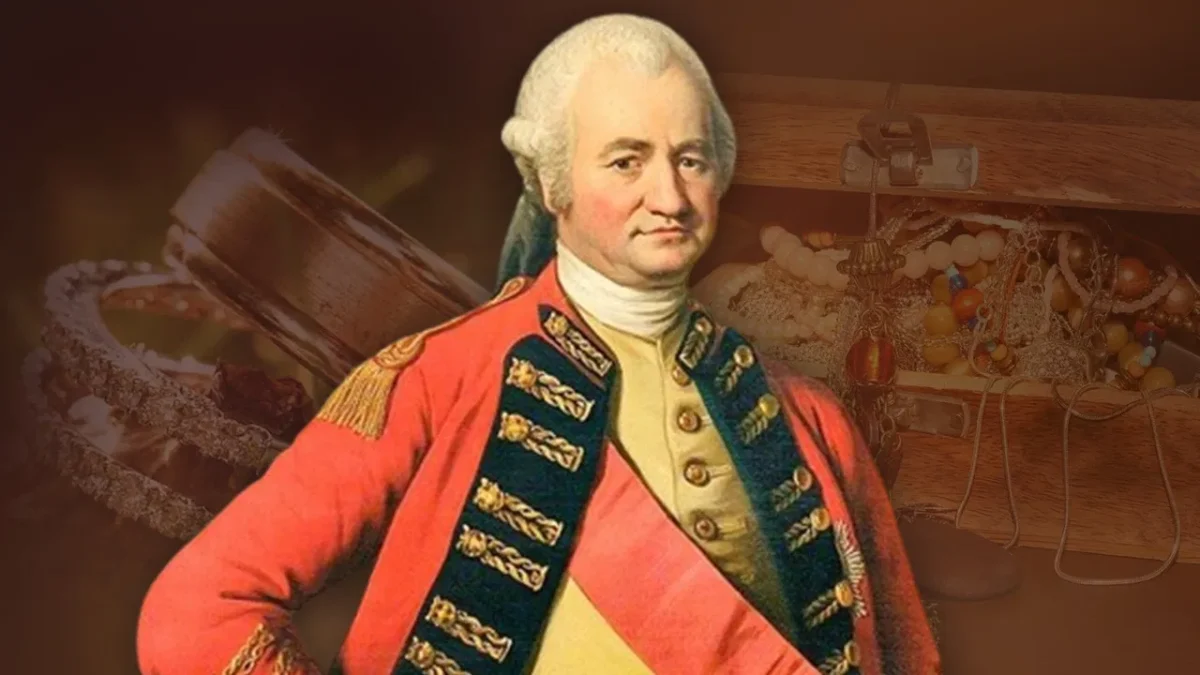The European Renaissance – An Overview of the History

The Christian religious countries started to dominate the globe from the 13th century onward. Before that, we find the golden age of Islam. During the golden age of Islam, a lot of scientific inventions took place there. Baghdad city was the centre of this scientific development. Mongols had attacked Baghdad and in the middle of the 13th century, the golden age of Islam ended.
Around the 11th century AD, Europeans discovered Greek science and culture. Before that period, Europeans had heard about Greek knowledge but could not reach out there. During the 11th century, the European world realized that most of the Greek knowledge was translated into Persian and preserved during the golden age of Islam.
The European people had made special efforts to translate this Persian literature into European languages. This led to the spurt of scientific knowledge and culture in Europe from the 12th century onward.
Here, we find one major difference between Arabian and Christian countries. In Arabian countries, scientific development was encouraged by the kings of the empire whereas, in Europe, it was encouraged by the church. In Arabian countries, as the royal kingdom collapsed, so scientific development was adversely affected.
On the other hand, religious institutions normally survive for a long period of time. In Europe, religious institutions supported scientific development and we find its consequences in the form of the thriving the European renaissance from 1300 onwards.


